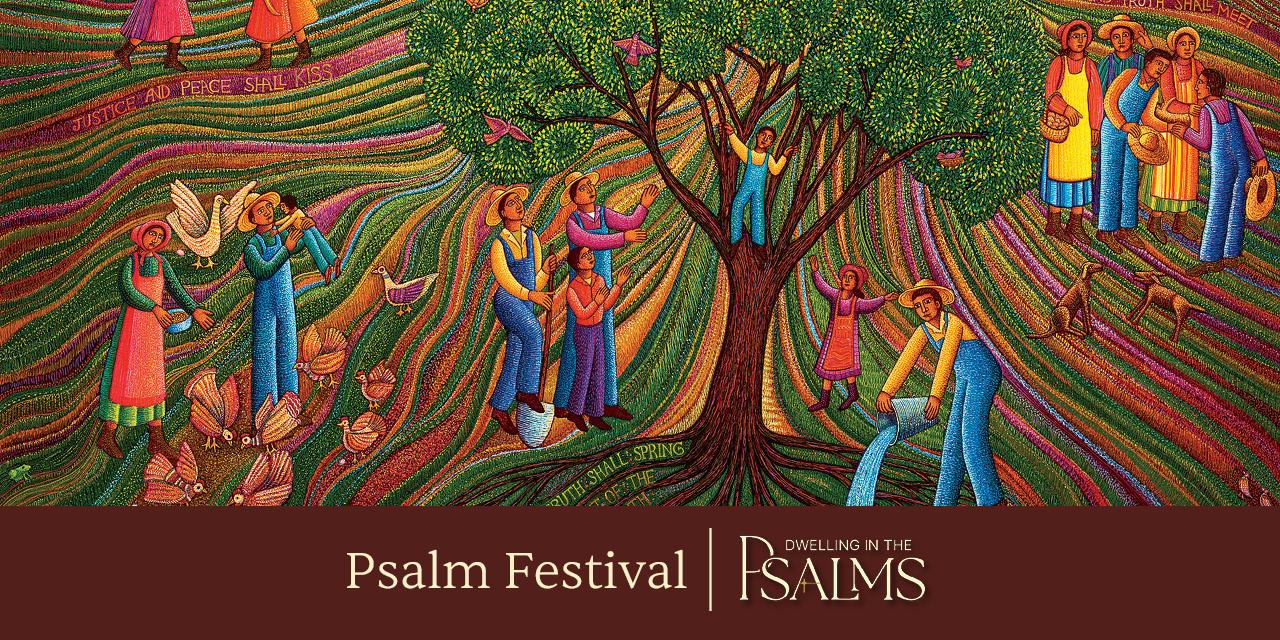Marc Nelesen
Earlier this year, an elderly member of our congregation died. She had been prepared for many years and had spoken frequently about her readiness for death. Her legal and medical documents were in perfect order. Her funeral was prepaid and prearranged with the local funeral director; she had chosen her casket, flowers, and, presumably, everything else related to the “final disposition” of her body. Her preparedness was well known to her family, her pastors, and her friends. It was also well known to her family and church family members that she had spent considerable time choosing funeral music and texts that were meaningful to her. After she died, however, her family could not locate her personal preferences of song and Scripture choices. No one knew where she had placed her written instructions. At her funeral, we gathered in Christ’s name to proclaim his resurrection as well as hers. Yet something seemed to be missing from this service of worship. This woman had dialogued at length with her own death, and we had heard only part of the conversation.

